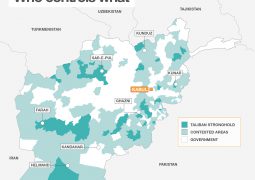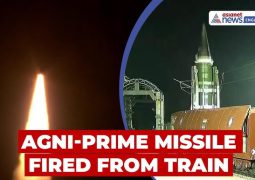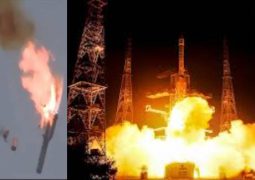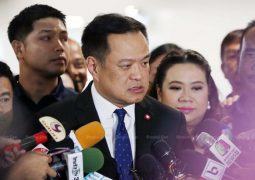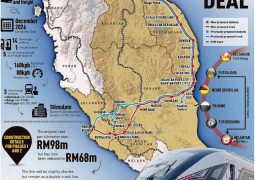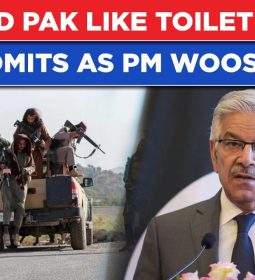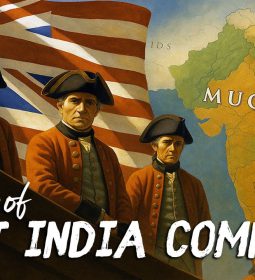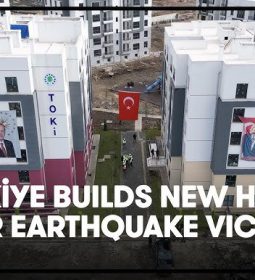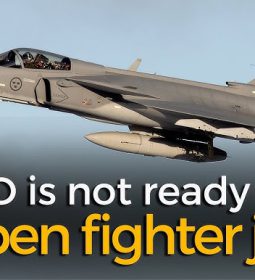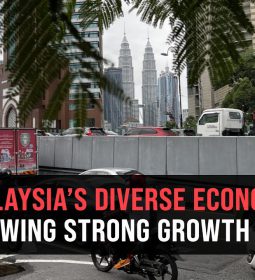President Donald Trump’s Visit to Western Wall Highlights Differences With Israel
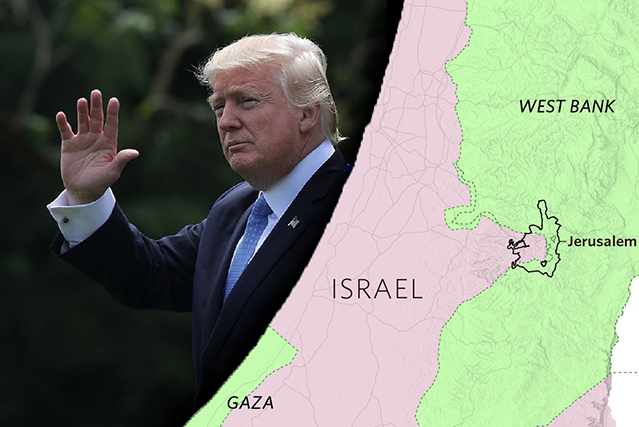
The wall lies in territory that Israel captured from Jordan in the 1967 Six-Day War
JERUSALEM—President Donald Trump on Monday became the first serving U.S. leader to visit the Western Wall, a shrine holy to Jews that has emerged as a source of discord between the U.S. and Israel.
The disagreement between the two allies over sovereign claims to the wall touches on a profoundly sensitive subject—not only for Israel but for other Middle East nations, including Jordan, Egypt and Gulf states. It comes as Mr. Trump is trying to broker a peace deal between the Israelis and Palestinians as well as a broader warming of relations between Israel and its Arab neighbors.
The wall lies in territory that Israel captured from Jordan in the 1967 Six-Day War, land that Israel considers its own and that Palestinians want as part of a hoped-for future capital city. The White House has refused to acknowledge that the wall is in Israeli territory, instead saying it is located in Jerusalem.
Israeli media last week reported that Israeli Prime Minister Benjamin Netanyahu requested to join Mr. Trump at the Western Wall, but was told by U.S. officials organizing the trip that the wall wasn’t in Israeli territory.
Mr. Netanyahu’s office then issued a statement saying it was shocked by the reported U.S. comments. The State Department responded by questioning the accuracy of Israeli media reports that outlined a bitter argument between Israeli and U.S. officials.
“All indications are U.S. officials’ actions were in accordance with longstanding U.S. policy on coordination for such official visits to Jerusalem,” the State Department said in a statement.
Secretary of State Rex Tillerson on Monday again refused to say the wall is inside Israel. “The wall is part of Jerusalem,” he said on a plane to Tel Aviv from Riyadh.
RELATED
- Trump Meets With Israeli Leader in Bid to Revive Peace Process
- Israel Announces Plans to Help Palestinians as Trump Visits
- U.S., Saudi Arabia Expect Deals, Investments Worth $300 Billion
- Trump Aims to Strengthen Saudi Ties With Visit
- U.S.-Saudi Defense Deals Open Up Jobs
- SoftBank, Saudis Launch $100 Billion Tech Fund
- Saudis’ $20 Billion Wager With Blackstone Marks Record Bet on U.S. Public Works
- Mapping Middle East Peace Possibilities
Mr. Trump was accompanied to the wall by a Jewish rabbi. Wearing a kippah head covering, he placed his right hand on the wall and rocked back and forth, seemingly in prayer. The U.S. president then left a personal note in the crevices of the wall, a common gesture by guests at the holy shrine.
He was joined by first lady Melania Trump, his daughter and son-in-law, as well as other senior White House aides. After Mr. Trump stepped back from the wall, his son-in-law and senior White House adviser Jared Kushner, economic adviser Gary Cohn and national security adviser H.R. McMaster, as well as Mr. Tillerson, approached the wall in a group and said their own prayers.
When he was a candidate for the presidency, Barack Obama also made a trip to the site and left a note, but Mr. Trump is the only serving president to do so.
In a meeting later, Mr. Netanyahu expressed appreciation to the U.S. President for visiting the Western Wall, a stop most U.S. leaders avoided in office so as not to disrupt peace negotiations. The Israeli leader also steered clear of the controversy that surrounds visits to the Western Wall.
“You’re the first acting American president to do that,” Mr. Netanyahu said. “I have to express our appreciation.”
In the current climate, Mr. Trump’s visit to the wall walked a fine line. The U.S. leader showed he supports the Jewish connection to Jerusalem while not endorsing Israel’s claim to the holy site.
Such an endorsement—even one that was made implicitly by inviting Israeli officials along—would have frustrated Palestinians and Arabs who want Jerusalem’s status to be decided in negotiations over a two-state solution.
“He gave a gesture to the Jewish people but didn’t want to anger the people who he had just left [in Riyadh],” said Gadi Wolfsfeld, a political scientist at Israeli university IDC Herzliya.
Palestinians said the visit to the Western Wall was a religious issue and didn’t mean the president supported Israeli claims over the site. Palestinian media reported the fact that the president didn’t invite Mr. Netanyahu indicated the U.S. leader also understood the sensitivity of the subject.
Nabil Kukali, head of the Palestinian Center for Public Opinion, said the U.S. recent request for Israel to halt settlement construction in existing boundaries and decision not to move the embassy to Jerusalem from Tel Aviv were more significant issues for Palestinians.
The Western Wall is the last of the four walls that once abutted the Temple Mount compound in Jerusalem’s Old City, where an ancient Jewish temple once stood.
The Temple Mount, known as Haram al Sharif to Muslims, is also now the location of the Al Aqsa mosque, one of Islam’s holiest sites. The compound is often the center of clashes between Israelis and Palestinians due to the sensitivity of the site. It is administered by a Jordanian body, called the Waqf.
The issue of whether the Western Wall lies in Israeli territory is particularly relevant this week as Israelis are celebrating 50 years since the war when Israel captured the Old City.
Many Israelis say the city was then liberated and reunified after Israel annexed the territory. Palestinians consider Israel an occupier in the eastern half of the city.
The United Nations and much of the international community also consider Israel an occupier in East Jerusalem. The U.N. in December reiterated that position in a Security Council resolution that labeled as illegal all Israeli settlement beyond the 1967 borders, known as the Green Line, including in the eastern part of Jerusalem.
Mr. Trump’s visit to the wall tracks with his unconventional approach to the presidency. He has veered from the standard playbook in his approach to Israeli-Palestinian peace, such as naming someone with no diplomatic experience as his chief envoy on the issue. White House officials say the site was simply one he wanted to visit. He didn’t learn he was the first sitting president to visit the wall until after he had left.
“He was in Jerusalem,” a White House official said. “And it was important to him to be able to pray at the Western Wall.”
- Previous ‘This Wasn’t a Speech About Islam’
- Next Pakistan must talk frankly about its Afghan worries.



